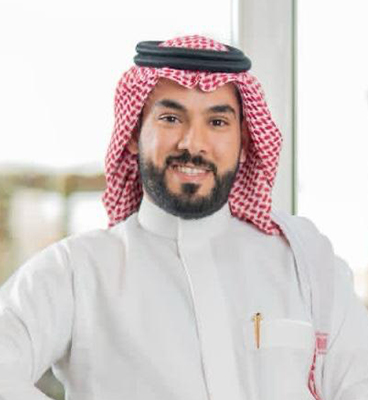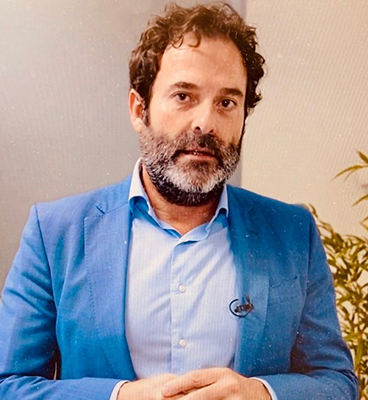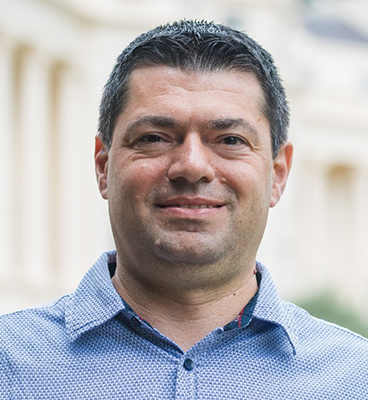
The Future of Clinical Trials: Integrating Technology for Better Patient Outcomes
How can AI-driven models reshape the future of clinical trial design and implementation?
- On: July 22, 2024


Jose Manuel Cervera-Grau
How does the decentralisation of responsibilities through blockchain enhance collaboration among researchers and stakeholders?
Patients are becoming owners during the whole process of custody and permissions. Decentralisation will take responsibility away from the sponsor or the physician. However, if the patient wants to avoid assuming full responsibility, decentralisation will diminish the responsibility of the physician and the sponsor.
What are the benefits of establishing electronic relationships between researchers and stakeholders using blockchain?
Blockchain will expedite the storage and verification process, leading to cost reduction. It will improve security, traceability and data integrity by preventing data breaches.
How has your expertise in regulatory terms and access negotiation influenced the success of clinical trials?
Clinical Trial times can be shortened by up to 60% by implementing the new tools.
Gain a more vivid perspective on the topic “Unlocking Efficiency: How Blockchain Revolutionises Clinical Trials Development?”
Jose will be presenting at our 18th Annual Optimising Clinical Trials Summit: Site Selection, Feasibility and Patient Recruitment, 16 – 17 October 2024, Berlin. Do not miss!
Short Speaker BIO:
“Executive Director Clinical Oncology at Lilly Spain”; Research in Digital Analysis of mammograms in screening and Advanced Therapies Medicinal Products (ATMPs). Clinical Oncologist since 2001, Prof. at Business School Rocket Biopharma Education, MIT alumni in AI and Expertise in Clinical Development and design of new clinical trial models based on Artificial Intelligence and Blockchain. During the pandemic, Co-discovered the SARSCOV-2-N-CyPA-CD147 pathway in computer assays. Actually carrying out a Prompt Engineering Certification and Leading a University Certification in AI and blockchain applied to Clinical Development.





